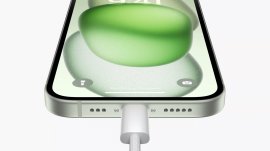Wearable Tech Awards 2018: Stuff’s pick of the best new kit
The finest in wearable gear from the annual tech extravaganza in Las Vegas
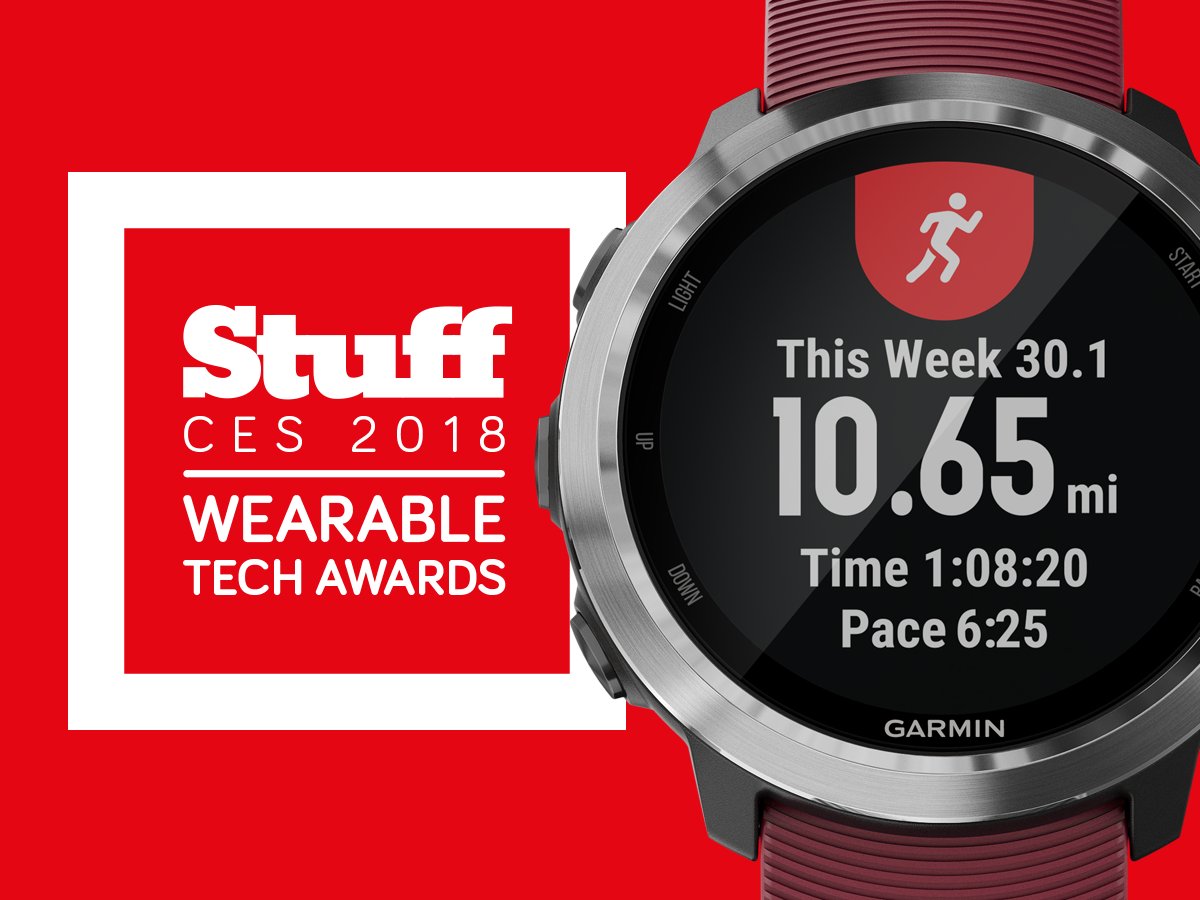
Wearable Tech Awards 2018: Stuff’s pick of the best new kit
CES, the annual tech show in Las Vegas, is the only place to find the most eagerly anticipated gadgets of the year. With an increasing number of them being wearable, Stuff has compiled a list of the 10 products you’ll want to attach to your body in some way over the next 12 months.
So, without further ado and in no particular order, here are the winners of the Stuff CES Wearable Tech Awards 2018. Enjoy!
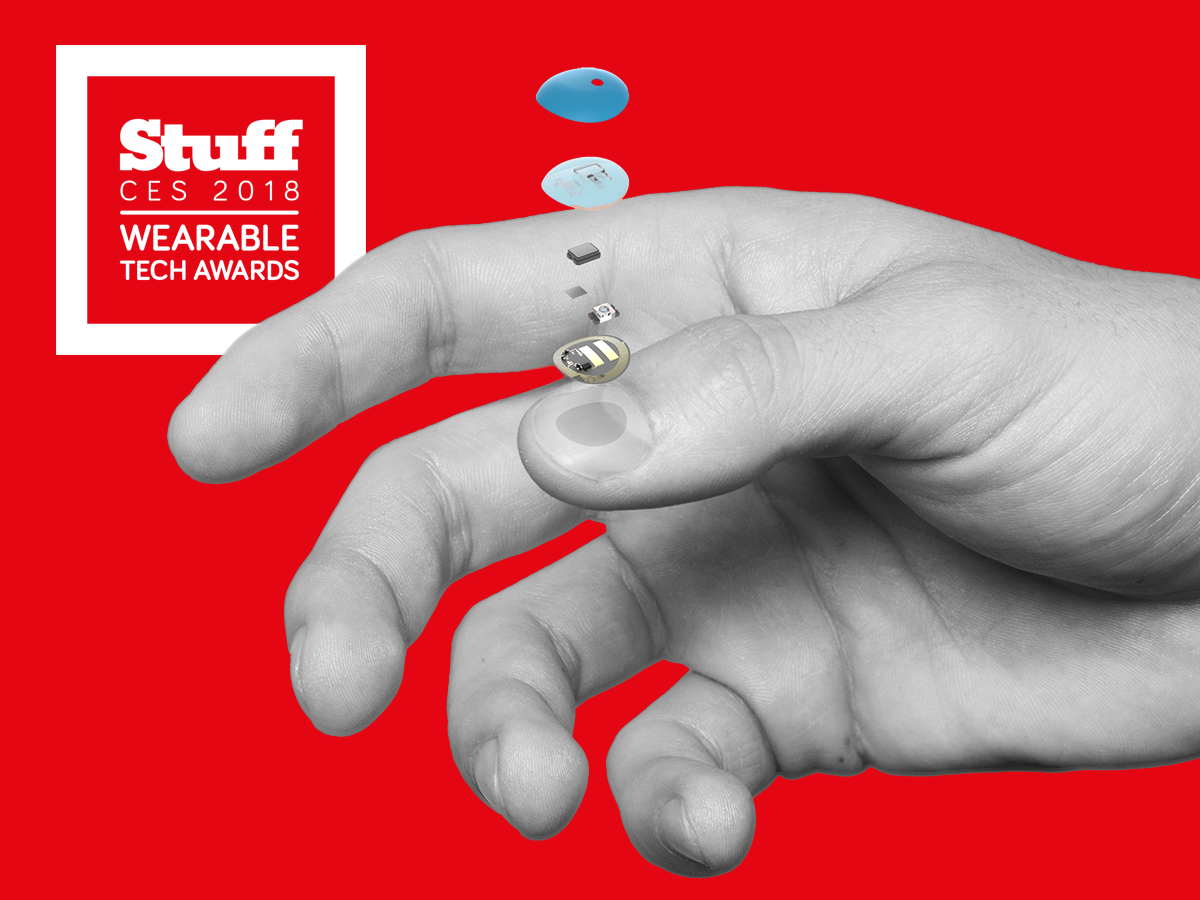
L’Oreal UV Sense (£TBC)
Sunburn is one of those things that can catch anyone out, and with the risks of skin cancer well known, L’Oreal’s UV Sense could be a real game-changer. It sticks to any part of your body or clothing and warns you when you’re exposing yourself to too much sun. The battery will last months, if not years, and best of all it’ll only cost around £30. It’ll be available through dermatologists later this year and more widely in 2019.
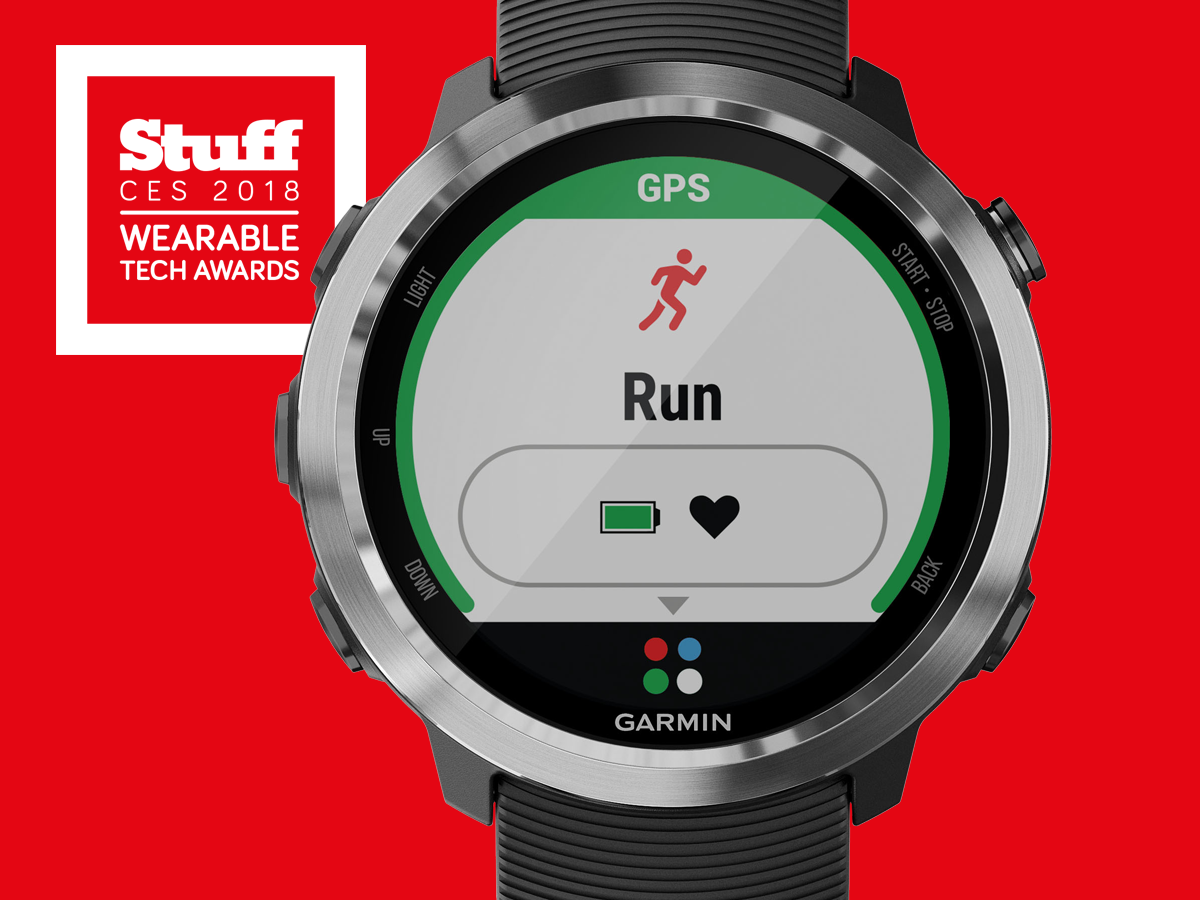
Garmin Forerunner 645 Music (£399)
Exercise and music go together like bangers and mash but until now Garmin’s excellent fitness trackers have been decidedly mute. Not only does the Forerunner 645 Music have 3.5GB of storage for your tunes, it has Bluetooth to pair your headphones, physical buttons that are easy to press while you sweat, a barometric altimeter, and NFC for paying the bus fare when you can’t face running the return leg.
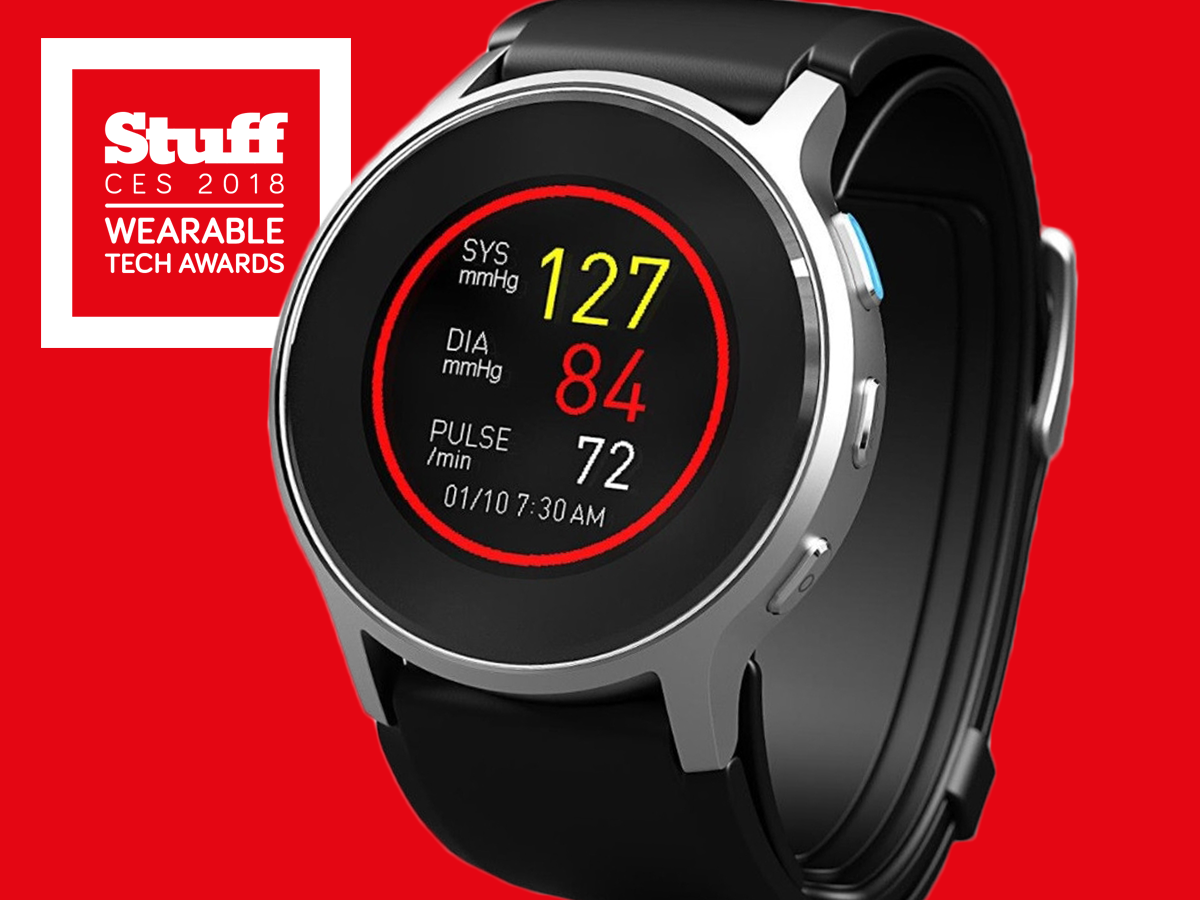
Omron HeartGuide (£TBC)
Like some of the best wearables this year, Omron’s taken something that’s previously required you to tether to a machine and made it portable. The HeartGuide is a smart watch that’s able to do all the regular stuff like sleep tracking and notifications, but the USP is that it will also take medical-grade blood pressure readings right from your wrist. It’s due to go on sale towards the end of 2018.
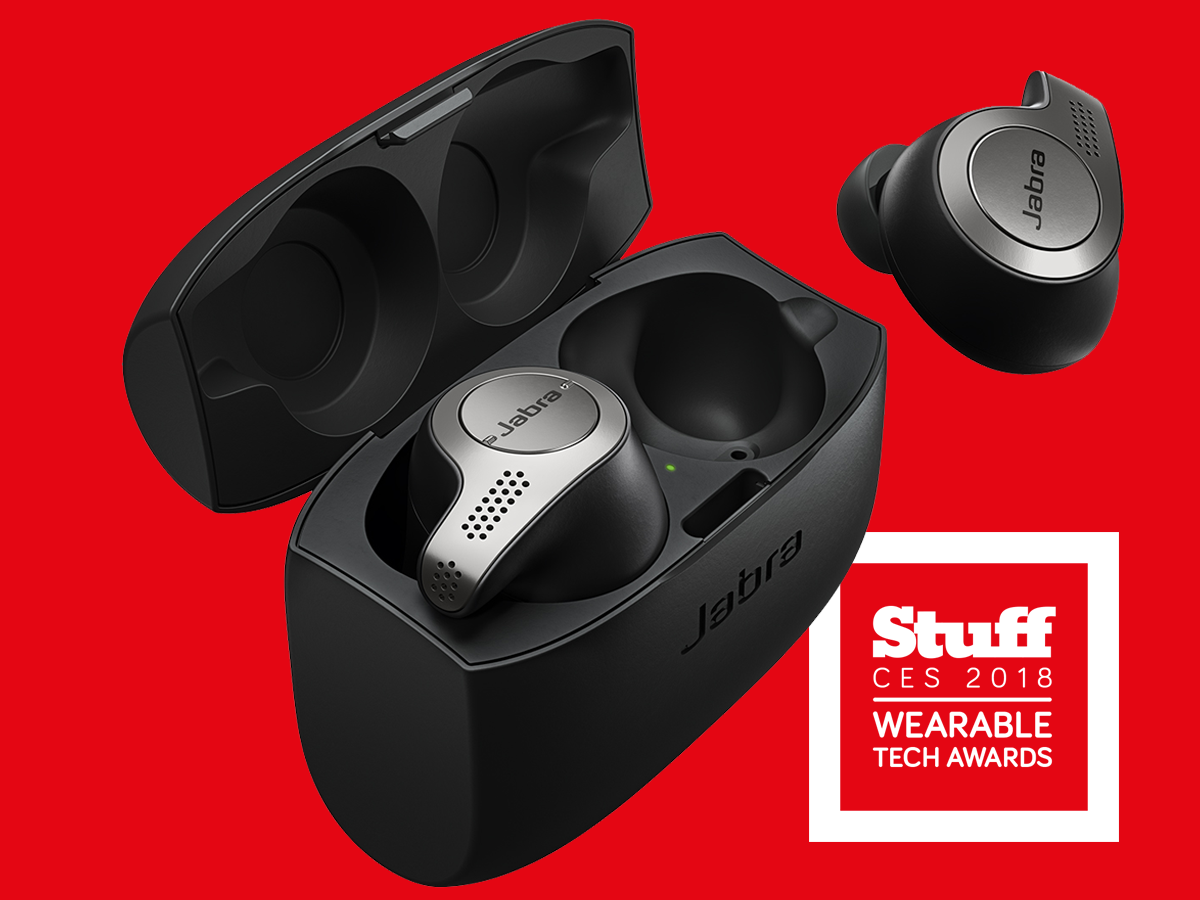
Jabra Elite 65t (US$170)
The Jabra Elite Sports are our favourite sports headphones, so when the company releases a new wireless Bluetooth headset, we’re, er, all ears. The Elite 65t earphones have a five-hour battery life, and a charging case that offers two full charges, but it’s the Alexa integration that got us interested. Not an Amazon fan? They’ll work with Google’s Assistant and Apple’s Siri too.
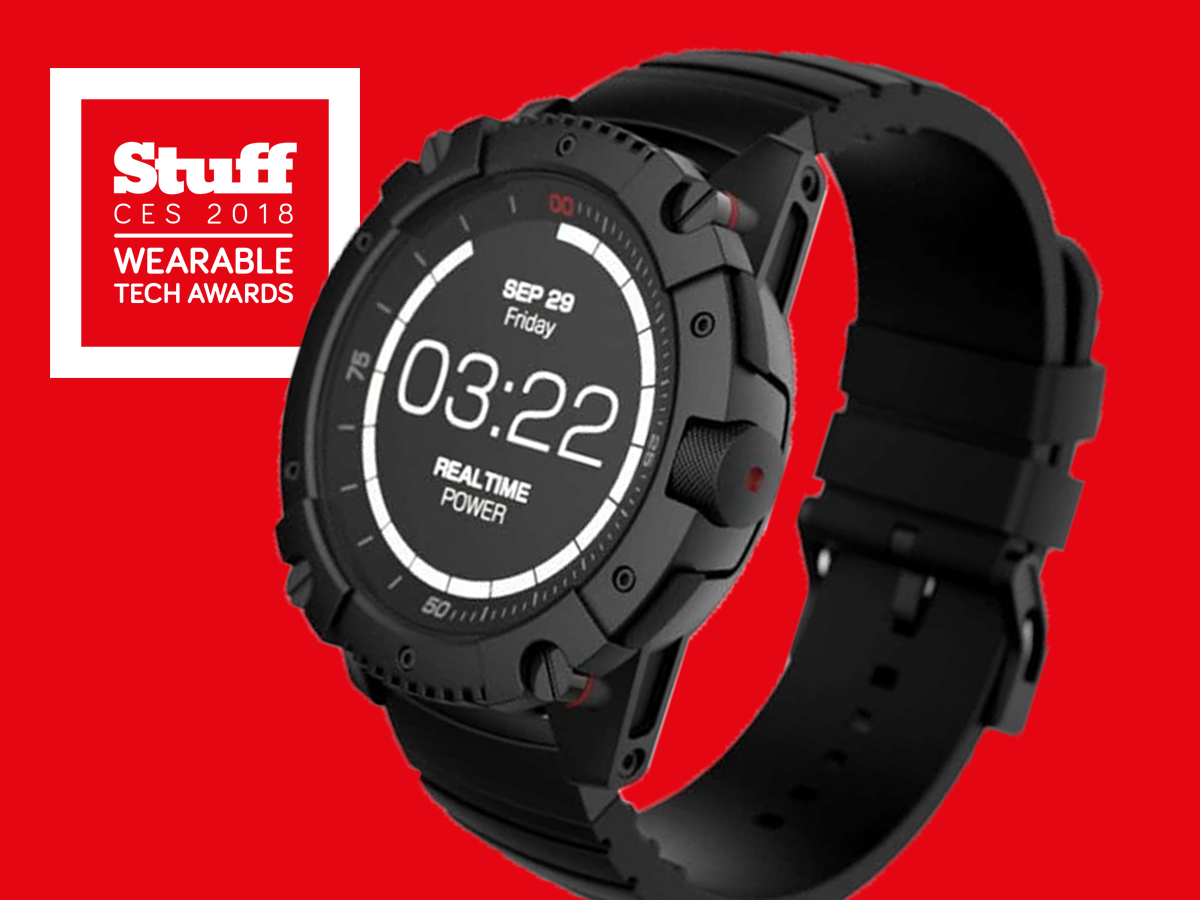
Matrix Industries PowerWatch X (US$250)
Ask anyone what the biggest annoyance of owning a smartwatch is and they’ll probably tell you its battery life. Most have to be plugged in almost as often as you charge your phone – but the PowerWatch X is different. It has a rechargeable battery that’s powered by body heat, so you never have to worry about charging it. It’s no Apple Watch in terms of functionality but it’ll do basic fitness tracking and show notifications from your phone.
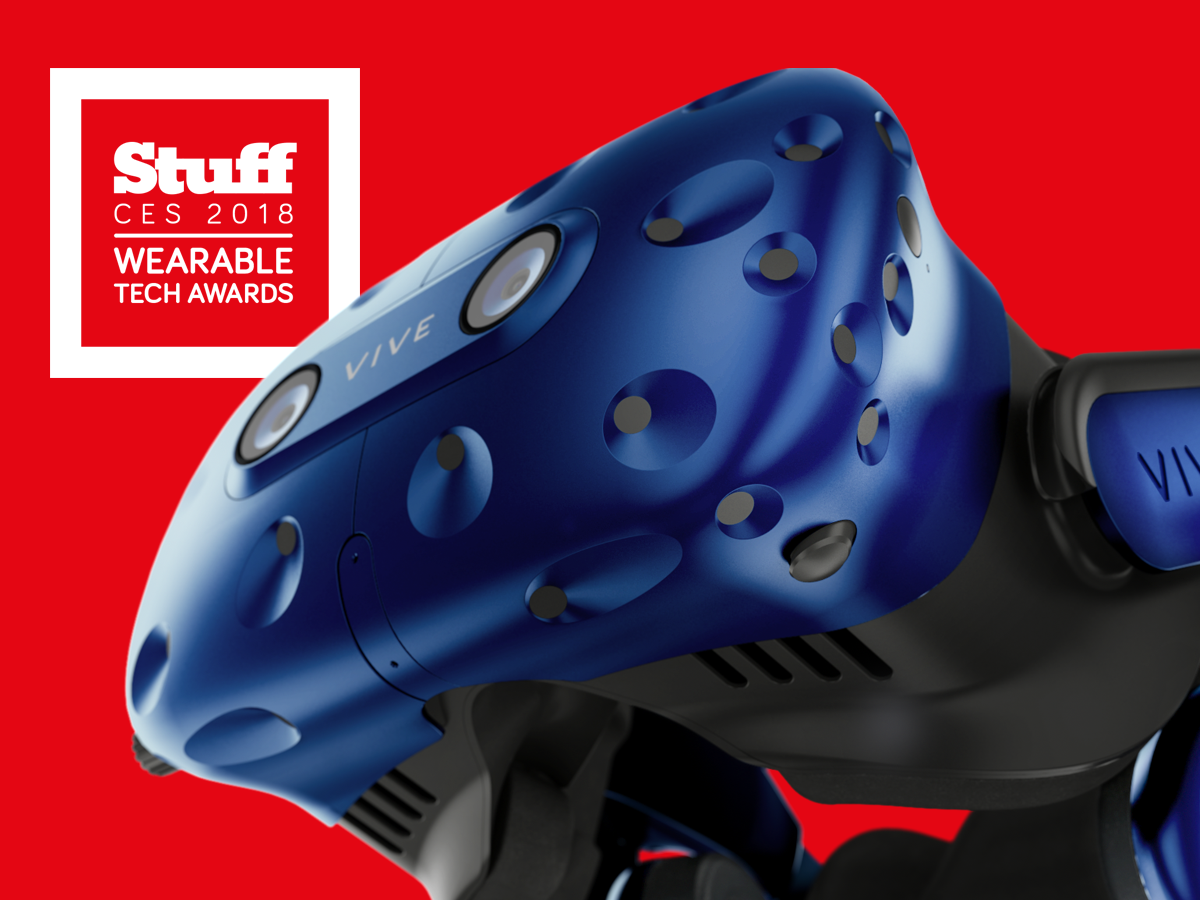
HTC Vive Pro (£TBC)
Once you try the HTC Vive Pro, it’s hard to go back to other VR headsets. This is virtual reality with a luxurious touch – the screens boast a massively improved pixel count, the headphones support 3D spatial sound, and biggest of all, the optional VIVE Wireless Adapter means you’re not tethered to a computer anymore. It makes VR feel more immersive and less cumbersome than ever.
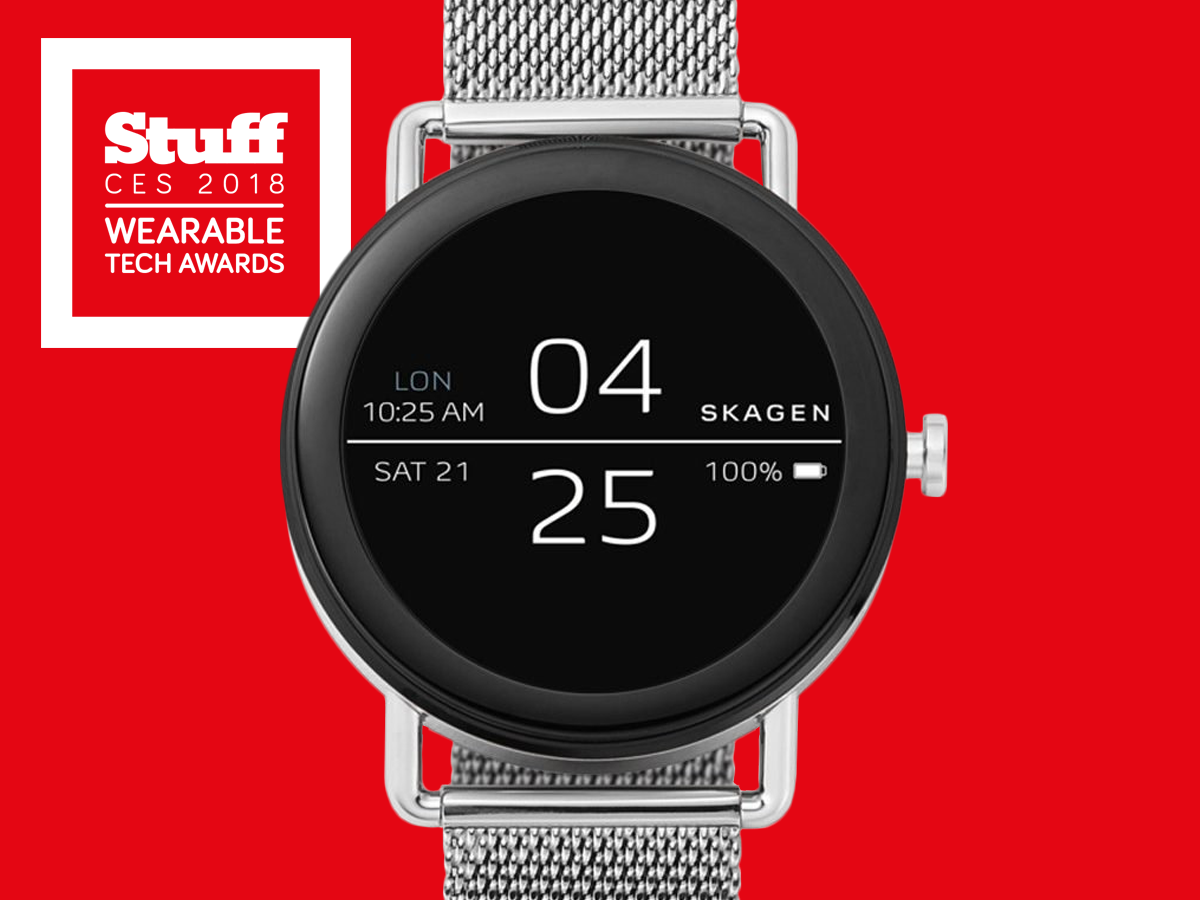
Skagen Falster (from US$275)
Fashion brand Skagen makes some beautiful watches, but the Falster is the first watch from the company that boasts a full touchscreen interface. Powered by Android Wear, the round-screen smartwatch boasts an always-on AMOLED screen, Qualcomm’s ubiquitous Snapdragon Wear 2100 processor and a choice of mesh or leather straps.
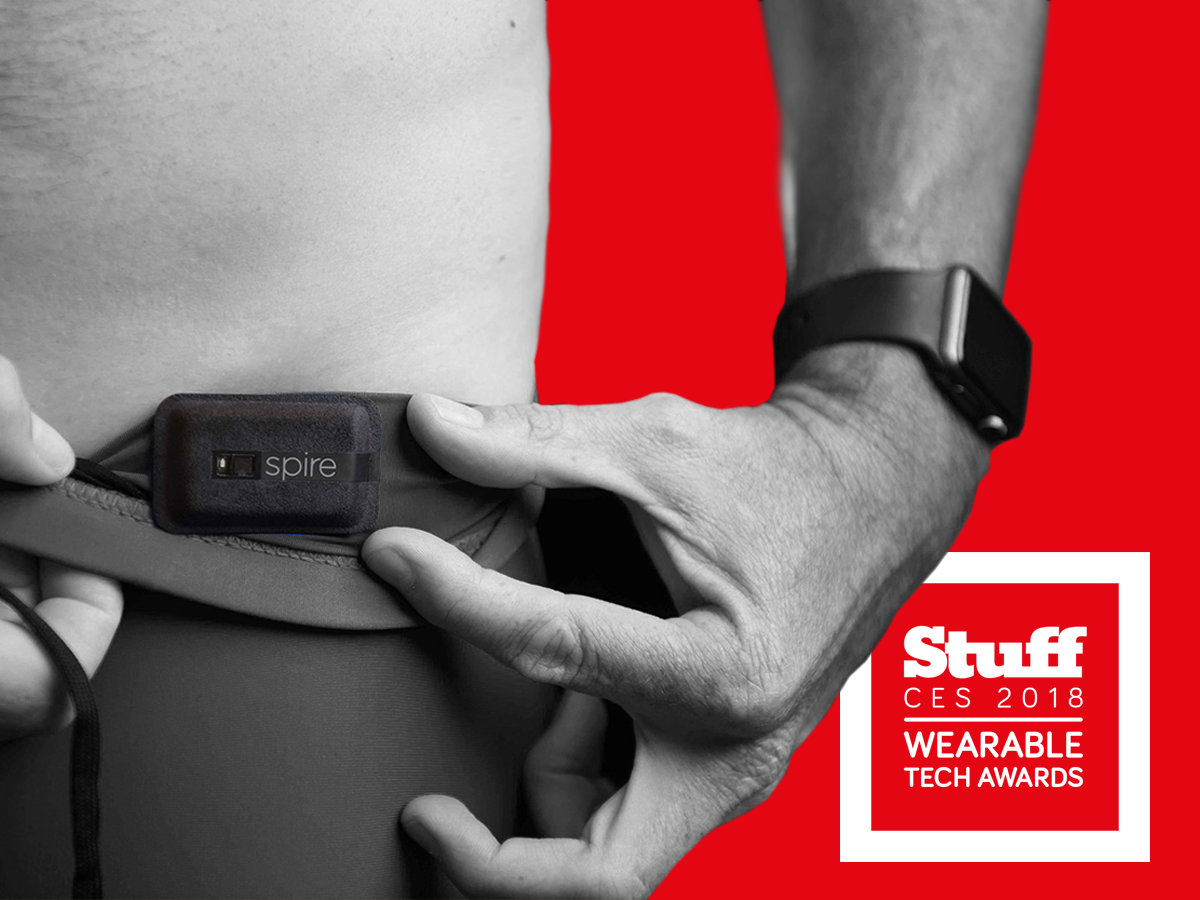
Spire Smart Swimsuit (£TBC)
Why wear a fitness tracker when you go swimming when Spire’s Smart Swimsuit can do the job for you? A sensor bonded to the inside automatically tracks your lengths in the pool, so you don’t even need to worry about pressing any buttons, and it doesn’t need charging either. Your stats are sent to Swim.com via your smartphone and it’ll only cost about $30 more than a standard Spire suit when it goes on sale in March.
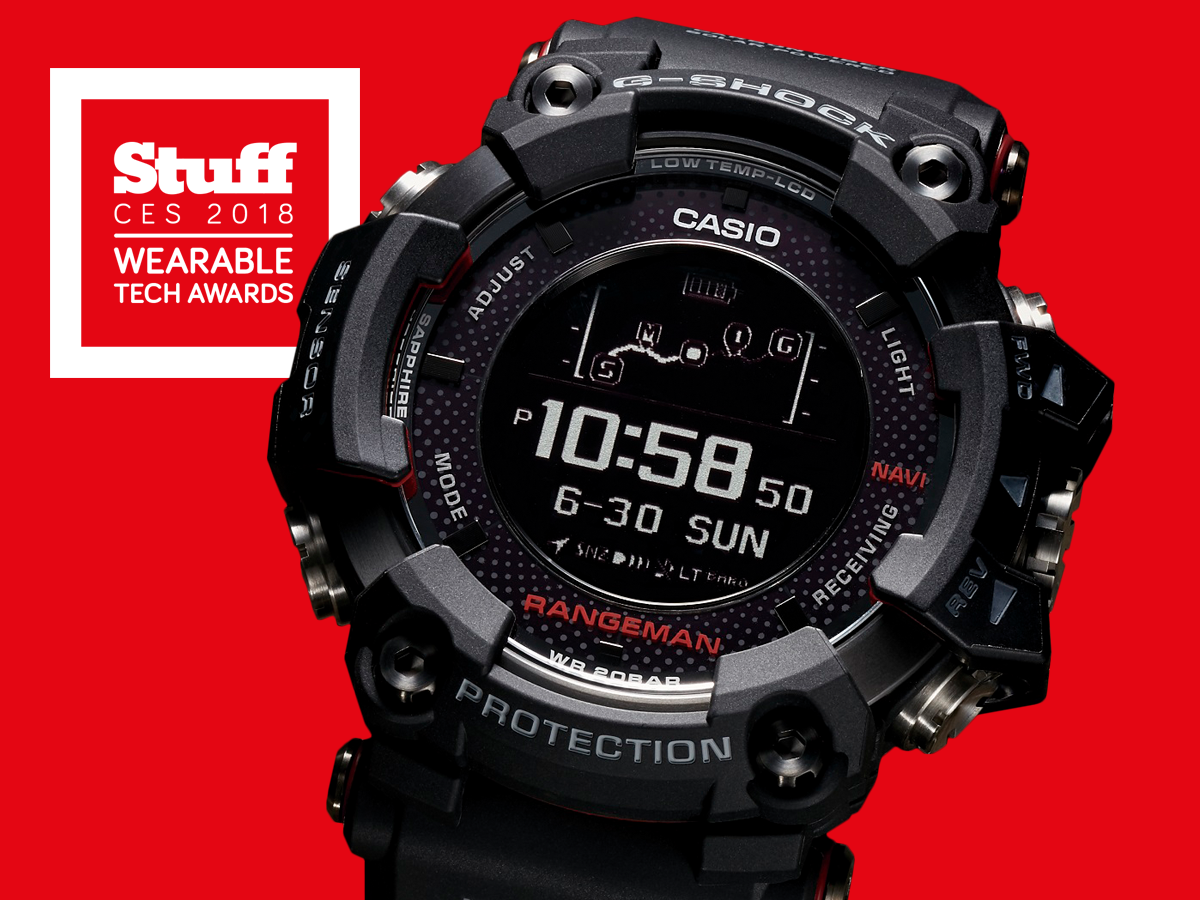
Casio G-Shock Rangeman GPR B-1000 (US$800)
GPS is a battery killer on smartwatches and if you’re out in the wilderness finding a socket for your charger is easier said than done. Fortunately, Casio’s hard-wearing G-Shock Rangeman GPR B-1000 can be recharged from the sun. It takes four hours of sunlight to replenish one hour of battery life but considering a full battery offers 33 hours of GPS tracking, you shouldn’t find yourself in such dire straits too often.
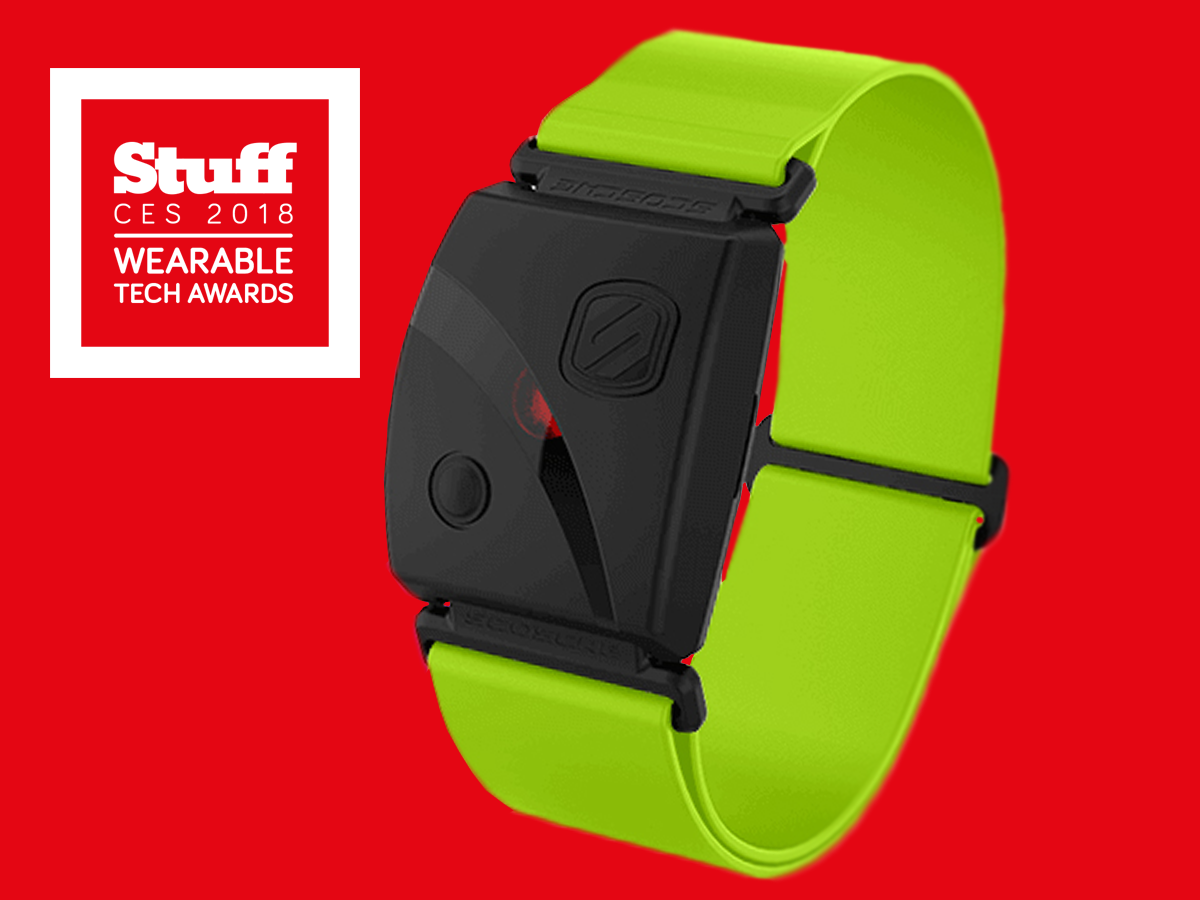
Scosche Rhythm24 (£TBC)
Serious athletes tend to prefer chest strap heart-rate monitors over wrist-based ones, but Scosche’s Rhythm24 promises the accuracy of the former with the added bonus of being able to track your BPM underwater. It’s both Bluetooth Smart and ANT+ compatible, so it’ll work with pretty much every tracker going, but if you’d rather not weigh yourself down it’ll store all the workout data onboard. Strap one on when it goes on sale in the spring.

